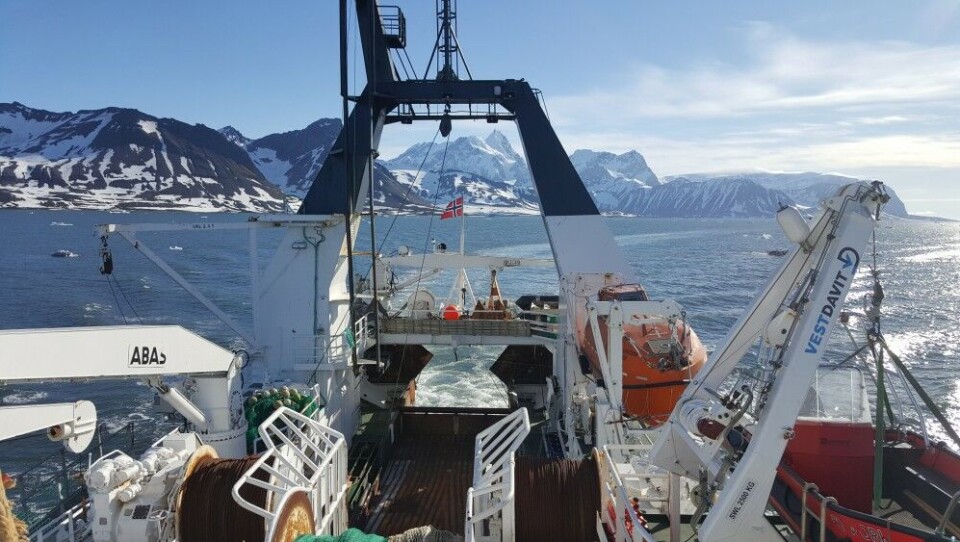
U.S. ratifies moratorium on fishing in High Arctic seas
The United States has become the fourth jurisdiction after Canada, the European Union and Russia to ratify a landmark international agreement that aims to prevent unregulated commercial fishery in the high seas of the Central Arctic Ocean, officials at the State Department announced Tuesday.
The Agreement to Prevent Unregulated High Seas Fisheries in the Central Arctic Ocean, which was signed in Ilulissat, Greenland last October, includes the so-called Arctic Five – Canada, Norway, Russia, Denmark (Greenland and the Faroe Islands), the U.S. – as well as the major fishing nations – Iceland, Japan, South Korea, China and the EU.
Inuit from Canada, Greenland, the Russian region of Chukotka and Alaska represented by the Inuit Circumpolar Council are also part of the agreement.
There are currently no commercial fisheries in the Arctic high seas, with most of the region covered by ice year round.
However, an analysis of satellite ice data prepared by the environmental NGO Ocean Conservancy, reveals that between 2010 and 2017, the average minimum thickness of sea ice in this region was 60 per cent less than in the 1980s.
At the same time, the amount of open water each September between 2010 and 2017 has increased to an average of 22 per cent as compared to only one percent in the 1980s, with experts anticipating that commercial fishing in the High Arctic will become possible in the foreseeable future.
“This agreement is the first multilateral agreement of its kind to take a legally-binding, precautionary approach to protect an area from commercial fishing before that fishing has even begun,” said a statement by the State Department.
An area the size of the Mediterranean Sea
The agreement applies to the international waters of the Arctic Ocean at least 200 nautical miles away from the shores of the Arctic coastal states, which amounts to 2.8 million square kilometres of ocean, about the size of the Mediterranean Sea.
The agreement commits the signatories to a joint program of scientific research and monitoring to improve understanding of the region’s ecosystems to determine if fish stocks may one day be sustainably harvested in this area.
The agreement will enter into force once all 10 signatories have ratified it.
This story is posted on the Barents Observer as part of Eye on the Arctic, a collaborative partnership between public and private circumpolar media organizations.















